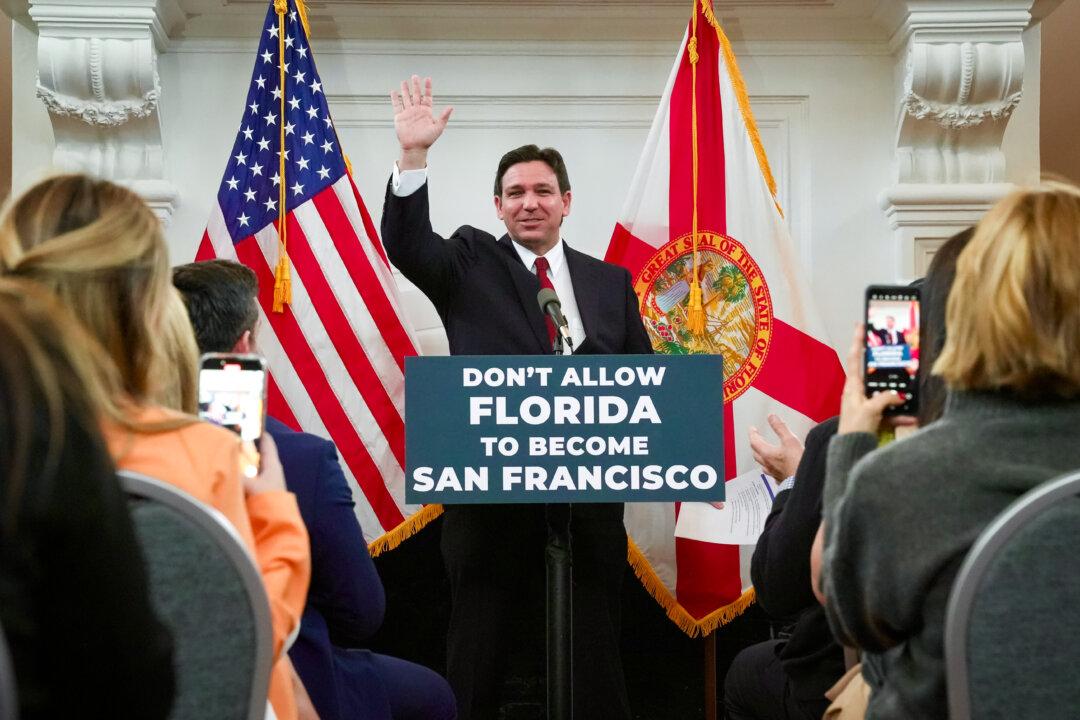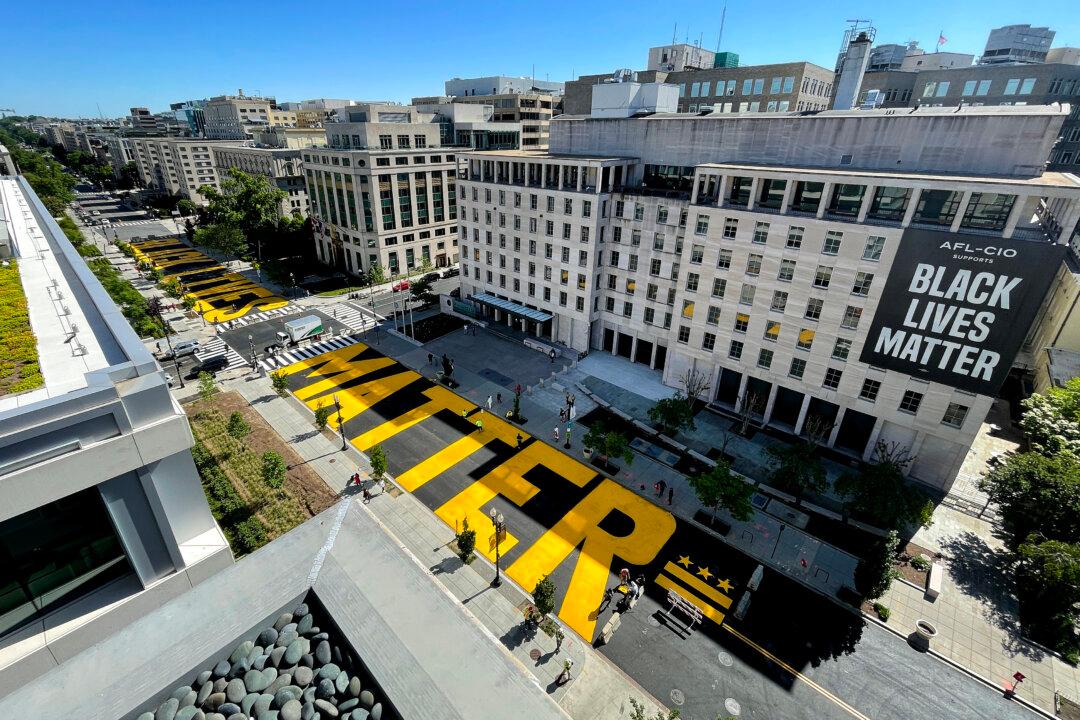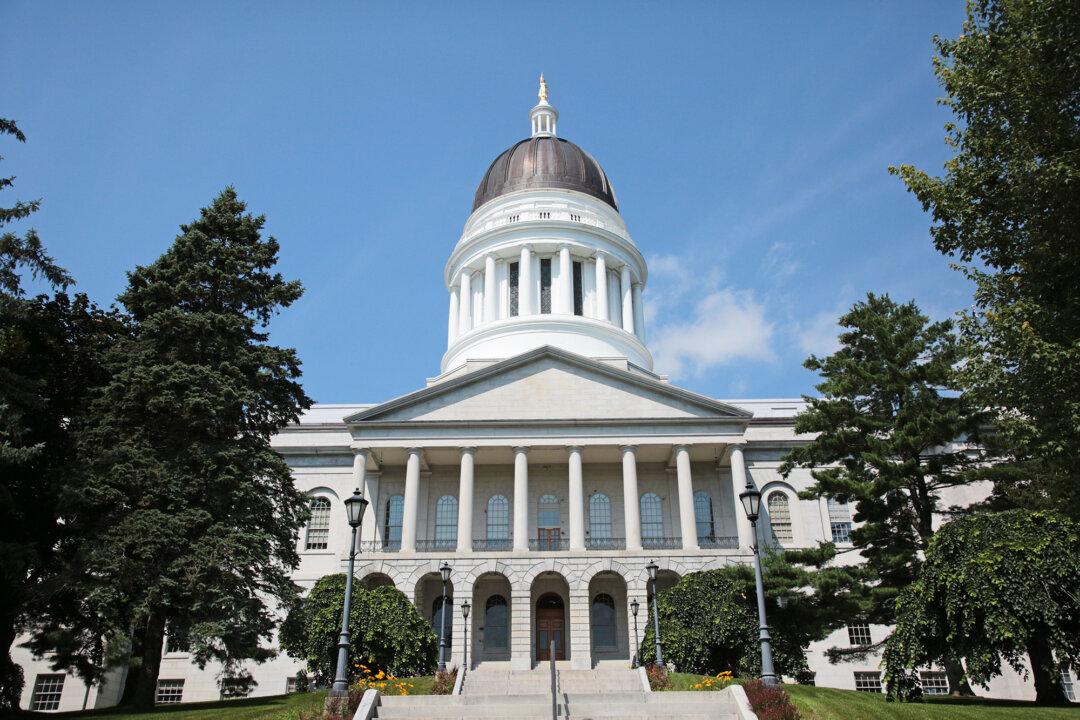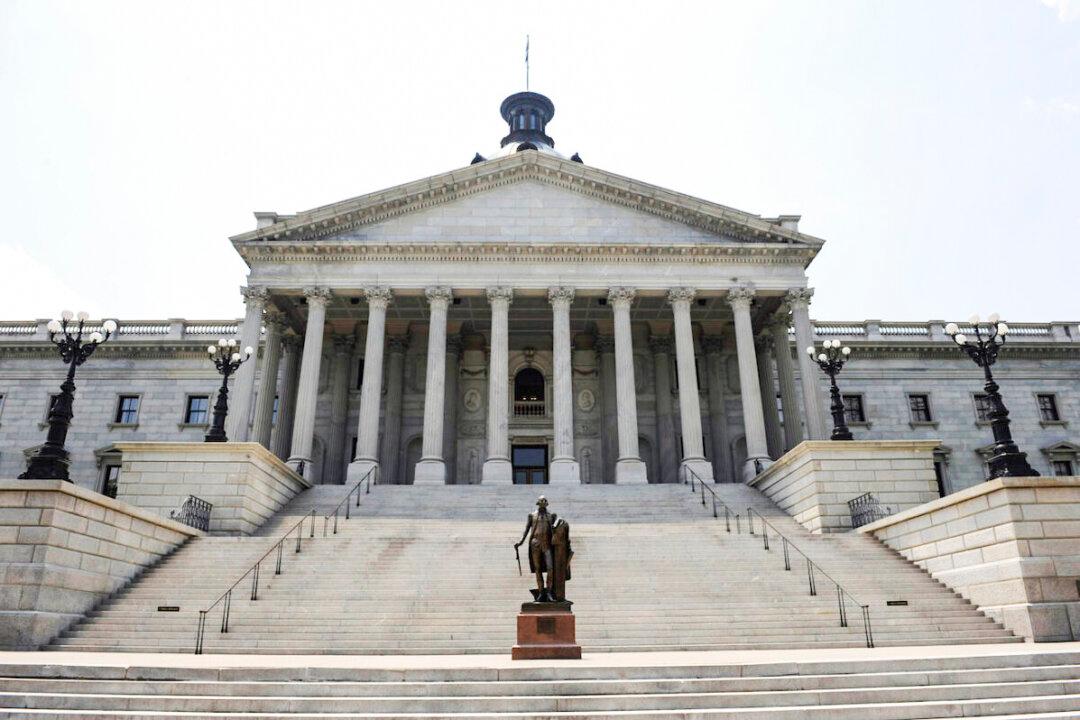Democrat and Confederate President Jefferson Davis may have been unable to expel President Abraham Lincoln from the capitol, but Democrat delegate Eleanor Norton (D-D.C.) might.
Norton, Washington D.C.’s non-voting Congressional representative, reintroduced legislation to remove a statue of Lincoln with a kneeling freed slave.




